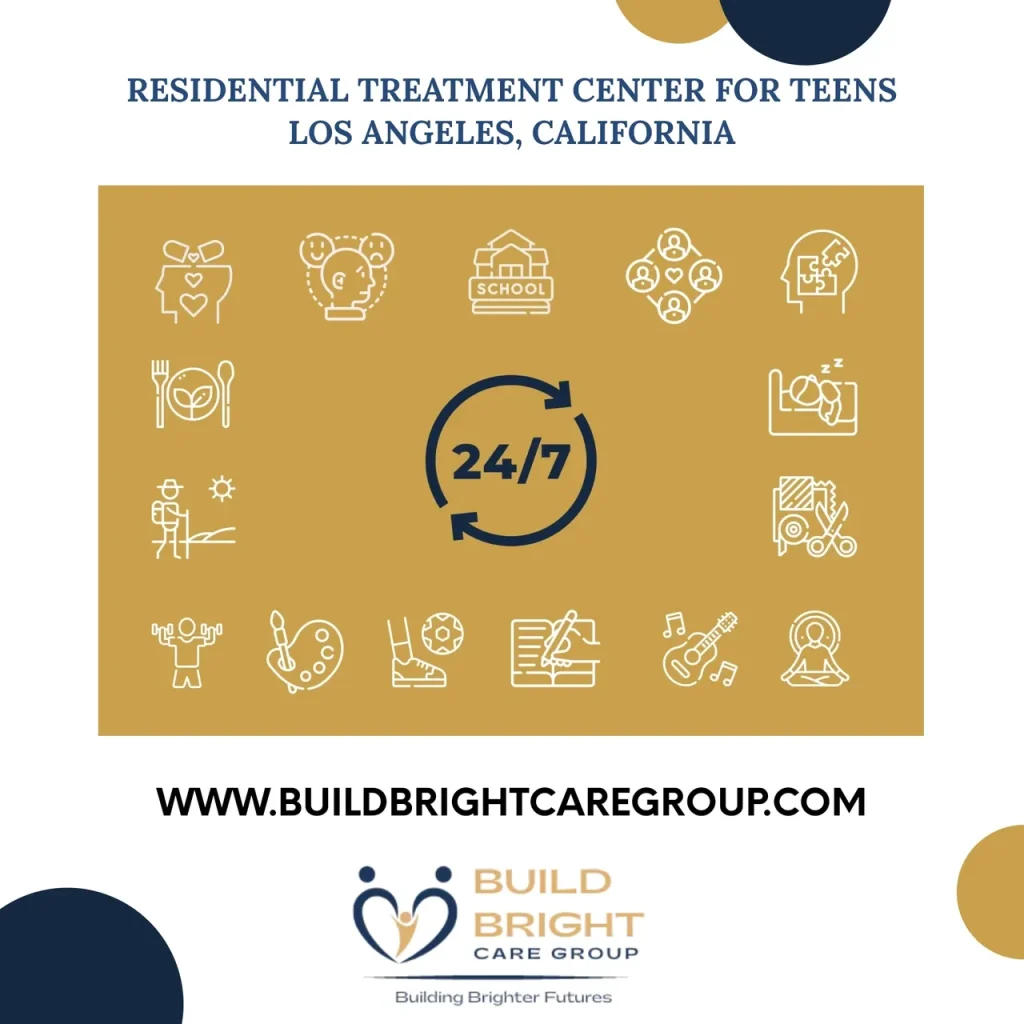Teenage years are marked by emotional ups and downs, but what if your teen’s mood swings are more than just typical adolescent behavior? Bipolar Disorder in teens is a serious mental health condition that can significantly impact their daily life and well-being. As a parent, recognizing the signs of Bipolar Disorder and seeking appropriate support is essential for your teen’s mental health. In this article, we’ll delve into key insights and strategies for understanding and managing Bipolar Disorder in teens.
Understanding Bipolar Disorder in Teens: What Parents Need to Know
Bipolar disorder, formerly known as manic-depressive illness, is a chronic disorder that causes unusual shifts in mood, energy, activity levels, and the ability to carry out day-to-day tasks. While the exact cause of Bipolar Disorder is not fully understood, genetics, brain structure, and environmental factors are believed to play a role. Bipolar Disorder typically manifests in late adolescence or early adulthood, making it crucial for parents to be aware of the signs and symptoms.
Recognizing the Signs and Symptoms of Bipolar Disorder in Teens
- Extreme Mood Swings: Teens with Bipolar Disorder may experience intense mood swings that alternate between periods of mania (elevated mood, impulsivity, increased energy) and depression (sadness, irritability, fatigue).
- Changes in Energy Levels: Your teen may exhibit significant fluctuations in energy levels, ranging from periods of high activity and restlessness during manic episodes to lethargy and lack of motivation during depressive episodes.
- Disrupted Sleep Patterns: Bipolar Disorder can disrupt sleep patterns, leading to insomnia or a decreased need for sleep during manic episodes, and excessive sleep or difficulty waking up during depressive episodes.
- Impaired Judgment and Risky Behaviors: During manic episodes, teens may engage in reckless or impulsive behaviors, such as excessive spending, substance abuse, or risky sexual activity, without considering the consequences.
- Difficulty Concentrating: Teens with Bipolar Disorder may have trouble focusing or completing tasks, particularly during depressive episodes when they may experience cognitive slowing and memory difficulties.

How Parents Can Support Teens with Bipolar Disorder
- Educate Yourself: Learn as much as you can about Bipolar Disorder, including its symptoms and treatment options, to better understand and support your teen.
- Encourage Open Communication: Foster a supportive and non-judgmental environment where your teen feels comfortable discussing their feelings and experiences. Encourage them to express their emotions and concerns openly.
- Promote Healthy Habits: Encourage your teen to maintain a balanced lifestyle with regular sleep, exercise, and nutrition, which can help stabilize mood and reduce the severity of bipolar symptoms.
- Seek Professional Help: If you suspect that your teen may have Bipolar Disorder, seek evaluation and treatment from a qualified mental health professional. Treatment may include medication, therapy, and psychoeducation to manage symptoms effectively.
- Consider Residential Treatment: In cases where teens require intensive therapeutic support for Bipolar Disorder, residential treatment programs like those offered at Build Bright Care Group can provide specialized care and support tailored to their needs.
Introducing Build Bright Care Group: Specialized Residential Treatment for Teen Bipolar Disorder
At Build Bright Care Group, we understand the complexities of Bipolar Disorder in teens and its impact on mental health and well-being. Our residential treatment program is designed to provide comprehensive care and support for teens struggling with Bipolar Disorder and other mental health challenges.
Under the guidance of an experienced team, teens receive individualized treatment plans that may include medication management, psychotherapy, life skills training, and holistic wellness activities. Our goal is to help teens stabilize their mood, manage symptoms, and develop the skills and resilience needed to thrive in life.
If you’re concerned about your teen’s mental health and believe they may benefit from residential treatment for Bipolar Disorder, contact Build Bright Care Group today. Together, we can help your teen find stability, hope, and healing.

